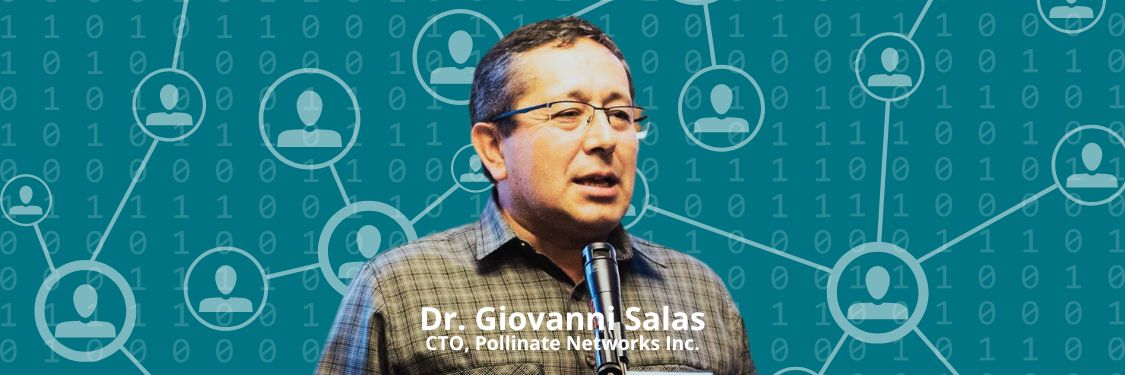
You are looking to up your game. You go to training sessions. You download all of the info. You write things down and set goals. You feel pumped about making changes. Monday morning you’re back at work getting caught up. You recount the training session in conversations. Your intent to apply is still high, but immediately, finding time to apply the learning is like trying to hang a painting in a room full of windows. How can you find the time to think about and integrate new behaviours in an already over-full day?
Given the importance of social support for development, and the way that learning is embedded in the social contexts that shape it, planning for meaningful relationships is a major component of implementing new learning back on the job. To fast track the implementation of learning, focus time on building a network of people who can support you.
From the way back machine, let me pull forth McCauley and Martineau (1998) who offer a list of potential developmental relationships a person can cultivate to integrate new learning. You can construct a development network that will help you reach your professional goals by inviting the right people around you to fill these roles. An adapted version of the original list follows below:
Challenge Roles: Help you grow by pushing you out of your comfort zone.
- Role Model: Someone you can observe and wish to emulate.
- Sponsor or Assignment Broker: An advocate and task allocator who assigns you to tasks that will spur your development.
- Dialogue Partner: Stimulates deeper reflection on challenges and dilemmas by asking questions and listening actively for meaningful lengths of time.
- Conscience: Someone you share your goals and deadlines with, knowing they’ll track you and hold you accountable to your own goals.
Support Roles: Encourage you and help you overcome anxiety and distress.
- Confidant: Provides emotional support during the difficulties of the development process.
- Cheerleader: Someone who expresses confidence in you, and bolsters your sense of competence and confidence.
- Reinforcer: Someone able to reward and recognize you for making progress towards your goals.
- Cohort: Someone struggling with the same challenges you are struggling with, who can empathize with you and collaborate on solutions with you.
Assessment Roles: Reflect back data and insights about yourself you can use to guide your development.
- Feedback Provider: Someone you can check in with to find out how you are doing as you carry out new behaviours using new skills.
- Feedback Interpreter: Someone you can turn to when you find feedback confusing. They know the milieu and can help you interpret feedback.
- Sounding Board: A person you can present unfinished ideas to, who will offer up reactions. Unlike a feedback provider, you go to them only as needed.
- Comparison Point: Someone in a similar situation and with similar skills who you can compare your performance with.
Of course, your developmental network need not consist of 12 separate people – one for each role. Many of these roles can be filled by an effective mentor. What matters is that the network provides the right balance of challenge, support, and feedback to support the achievement of your learning goals.
Creating a true “learning organization” requires us all to challenge ourselves to become more effective collaborators, and to refine our abilities as mentors and mentees.
Call us to learn more about mentoring programs!
 Christy Pettit is Chief Executive Officer and Co-Founder of Pollinate Networks Inc.
Christy Pettit is Chief Executive Officer and Co-Founder of Pollinate Networks Inc.
For 25 years, Christy has developed new approaches and best practices for agile, effective organizations worldwide. She is an expert on matching people and organizations for applications including knowledge transfer and mentorship programs, flexible virtual and hybrid teams, and productive organizational and business ecosystems and networks.
 Christy Pettit is Chief Executive Officer and Co-Founder of Pollinate Networks Inc.
Christy Pettit is Chief Executive Officer and Co-Founder of Pollinate Networks Inc.


